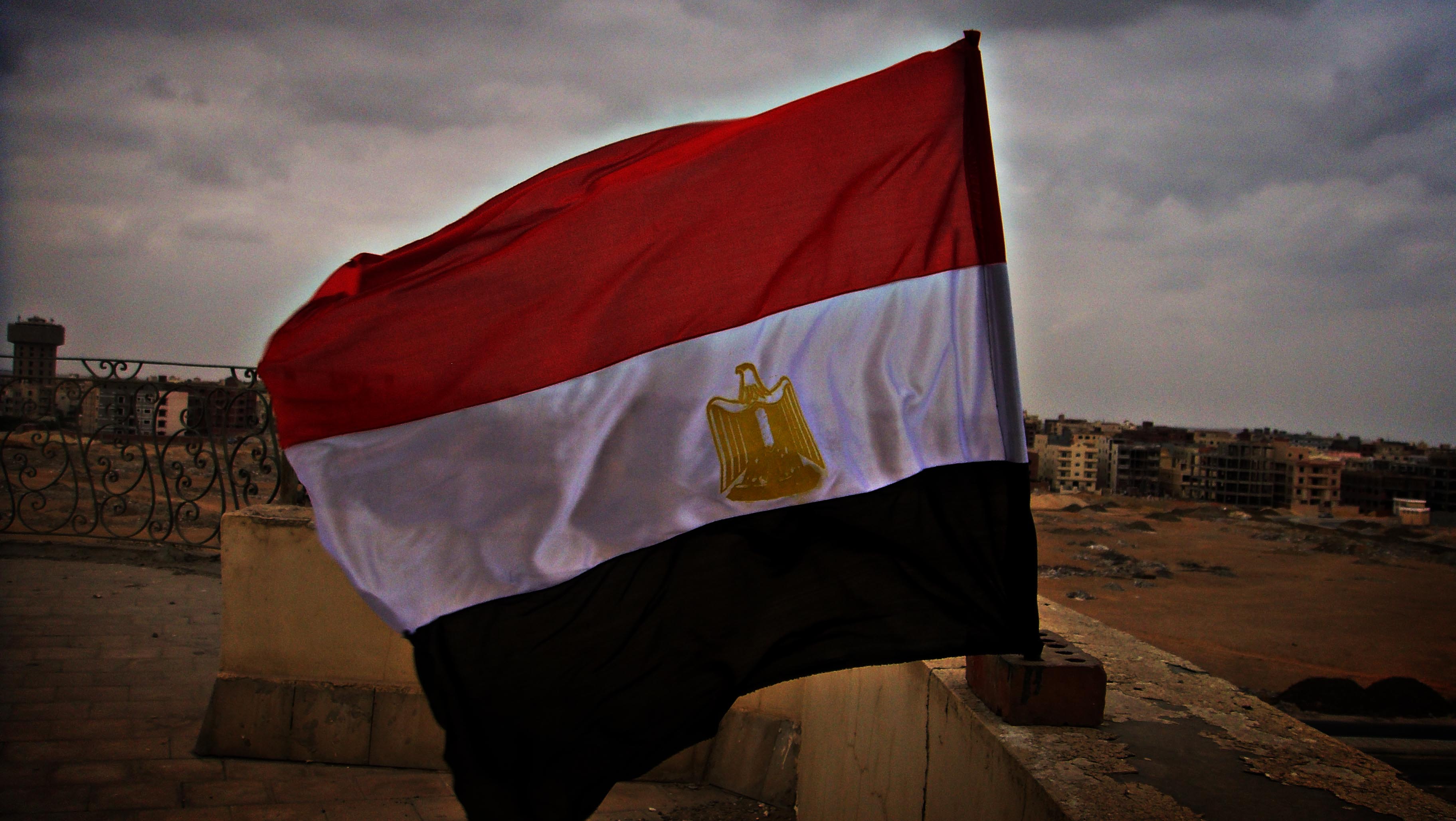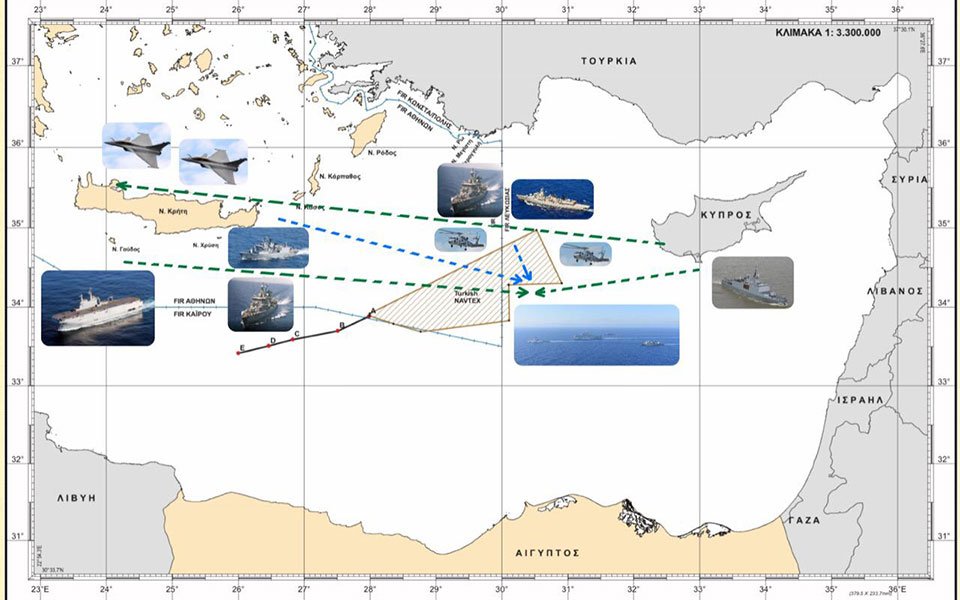Zee, what happens in the Mediterranean between Egypt, Greece, Turkey and Libya

Egypt, Greece, Turkey and Libya: how the war continues to divide the Mediterranean
The Egyptian Parliament has ratified the bilateral agreement with Greece which establishes the demarcation line of the respective Exclusive Economic Zones (EEZ) – in the eastern Mediterranean. This agreement was strongly contested by Turkey, which claims the exploration and exploitation rights of the oil and gas fields located in the area covered by the Greek-Egyptian agreement. In those waters, Turkey wants to send its Oruç Reis seismic research ship.
Moreover, in 2019 Turkey signed a similar agreement with the Government of Tripoli, the one recognized internationally led by Fāyez Muṣṭafā al-Sarrāj. This framework agreement has raised not a few criticisms and controversies from Greece and other countries (Egypt and Cyprus in the first place) as well as from the European Union. The Turkish-Libyan Agreement demarcates a short stretch of the EEZ reciprocal border to south-east Cyprus, also affirming Turkey's other disputes and continental shelf border claims, not taking into account Greek and Cypriot claims on the same areas. The European Union itself rejected this agreement considering it non-compliant with recognized international law and defining it as having no effect in relation to third countries.
For its part Ankara between July and the current month of August has increased the air-naval pressure in the Dodecanese area and in the waters of Cyprus, sending war units on several occasions to escort the seismic research ship Barbaros Hayreddin. But Athens promptly responded by putting its Armed Forces on alert and sent naval units to protect the easternmost islands. In one case there was a slight collision between a Turkish and a Greek ship, without problems for the crews and for the boats themselves.
Tension has also increased in the Cypriot sea as Ankara has decided to start an exploratory campaign to search for gas and oil in the waters it considers to belong to its continental shelf and which, instead, Cyprus considers its exclusive property. NAVTEX, naval fire exercises by Turkey and Cyprus were notified until the first ten days of September.

In this case, Paris has mobilized, sending naval and air units to carry out joint exercises with the Greek and Cypriot navies and expressing a very harsh message to Turkey not to proceed further with these initiatives. In fact, Paris is threatening to have the European Union approve a package of sanctions that would severely aggravate Turkey's inherently not brilliant economic state. But Ankara has at its disposal the heavy "weapon" of the migratory flow that would spill over Europe without Turkish containment.
Among other things, the positions of France and Germany clash in the European Union, the latter opposed to the application of sanctions against Turkey (Berlin has applied a partial arms embargo for the Kurdish question) and in favor, essentially, the current situation (Turkish-Libyan agreement) against Greece and Egypt. Malta also said it was in favor of the agreement between Ankara and Tripoli and, therefore, was against the French and Greek initiatives.
To this leaden scenario is added the recent decision by Tripoli to give Turkey in concession for 99 years the possibility of using the naval base of Misurata, in which one of the frigates in service with the Turkish Navy will be deployed in rotation, as well as detachments of the Forces Specials. Qatar is no stranger to this operation, as it would have provided the necessary financial support for the operation.
Obviously, this turning point is seen as "smoke and mirrors" by Paris, Athens, Cyprus and Cairo, which see the operational capabilities of the Turkish Navy increase in the Central Mediterranean, being able to act simultaneously both in the Aegean and in the Levant, and between Sirte and Crete. On the other hand, no official or unofficial statements on the matter come from Rome.
Article and image published on SviluppoDifesa .
This is a machine translation from Italian language of a post published on Start Magazine at the URL https://www.startmag.it/mondo/zee-cosa-succede-nel-mediterraneo-tra-egitto-grecia-turchia-e-libia/ on Thu, 20 Aug 2020 04:52:39 +0000.
